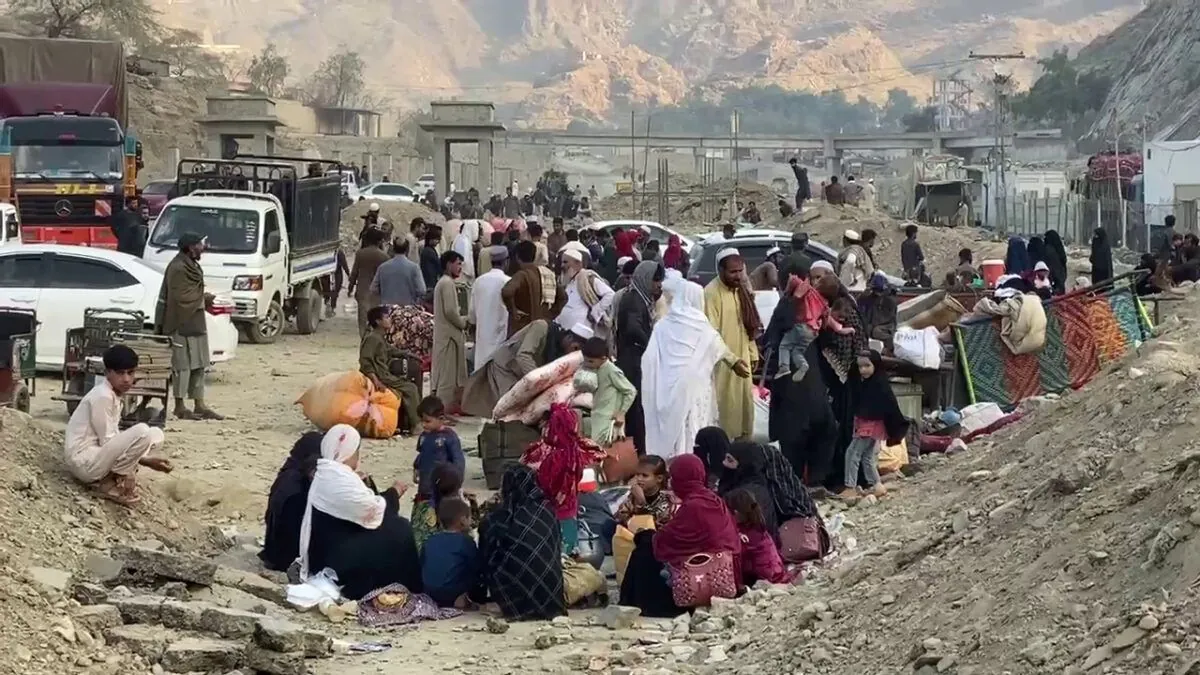Iran has unveiled a plan to deport approximately 2 million Afghan migrants over the next six months, marking one of the largest expulsion programs in recent history. Ahmad-Reza Radan, head of Iran's national police, announced this initiative, which has already begun with reports of forceful detentions and border crossings.
The situation for Afghan migrants in Iran has become increasingly dire. In some provinces, businesses have been instructed to refuse service to Afghans, including essential items like food. Disturbing videos have circulated online, showing instances of police brutality against Afghan individuals.
According to United Nations data, Iran currently hosts around 4.5 million Afghans, many of whom fled their homeland following the Taliban's return to power in August 2021. To curb further migration, Iranian authorities are constructing a 4-meter-high wall along a portion of the 936-kilometer border with Afghanistan.
"Afghans are cultivated people, but our country cannot receive so many migrants. We plan to handle these matters in an orderly fashion and without much fuss. Our priority lies with irregular migrants."
The Danish Refugee Council reports that approximately 625,000 Afghan migrants departed Iran in 2023. This significant increase in deportations appears to be linked to political promises made during recent elections.
Iran's decision to implement this mass deportation program stems from various factors:
- Economic pressures due to international sanctions
- Domestic political considerations
- Disputes over water rights from the Helmand River
The Helmand River, stretching 1,150 kilometers, is a crucial water source for both countries. Iran relies on its flow for irrigation in southeastern regions, and disagreements over water allocation have strained bilateral relations.
Afghan migrants in Iran face numerous challenges:
- Restricted access to public spaces and services
- Higher prices for goods compared to Iranian citizens
- Blocked phone SIM cards
- Bans on renting homes in certain areas
Rahmatullah, a former Afghan police officer now living in Shiraz, shared a harrowing experience: "My son went out to buy bread, and we didn't hear from him for over a week. Then he called us from Afghanistan." His 13-year-old son had been arrested at a bakery and deported after spending four days in a refugee camp.
Despite the risks, many Afghans continue to seek entry into Iran, driven by economic hardship in Taliban-controlled Afghanistan. Smugglers facilitate these dangerous journeys, charging up to 100 million rials (approximately £150) per person.
As Iran proceeds with its deportation program, concerns grow about the humanitarian impact on Afghan families and the potential for human rights violations. The international community watches closely as this complex situation unfolds, highlighting the ongoing challenges faced by displaced populations in the region.
